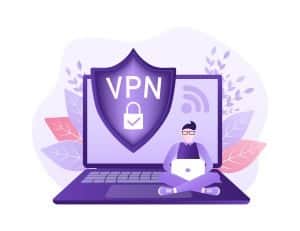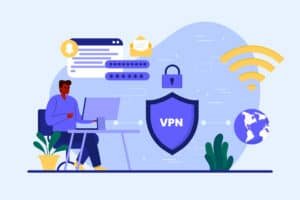Navigating the Legal Waters: Understanding VPN Jurisdiction and Privacy Laws
You’ve heard about VPNs and how they can protect your online privacy. But did you know that where a VPN is based can significantly impact your data security? That’s right—VPN jurisdiction and privacy laws play a crucial role in safeguarding your digital footprint. Let’s dive into this complex topic and unravel the legal landscape surrounding VPNs.
What is VPN Jurisdiction?
Think of VPN jurisdiction as the legal jurisdiction in which a VPN service operates. This jurisdiction determines the laws and regulations that govern how VPN providers handle user data and respond to legal requests. So, why does this matter? Countries have different privacy laws and surveillance practices, which can affect the level of protection your VPN offers.
The Importance of Privacy Laws
Privacy laws are the backbone of online security. They dictate how companies collect, store, and use your data. Regarding VPNs, robust privacy laws are essential for ensuring your online activities remain confidential and protected from prying eyes. Look for VPN providers based in countries with strong privacy laws and strict data protection regulations to safeguard your digital privacy.
Understanding Data Retention Policies
One critical aspect of VPN jurisdiction is data retention policies. Some countries require ISPs and VPN providers to retain user data for a certain period. In contrast, others have strict data protection laws that prohibit such practices. Opt for VPN services with a strict no-logs policy, meaning they don’t collect or store information about your online activities. This ensures that even if your VPN provider is compelled to hand over data, there’s nothing to share.
The Role of International Agreements
In today’s interconnected world, international agreements and alliances influence VPN jurisdiction and privacy laws. Treaties like the 14 Eyes Alliance, comprised of countries collaborating on surveillance efforts, can pose privacy concerns for VPN users. However, not all VPN jurisdictions are subject to these agreements, so it’s essential to research and choose a VPN based in a privacy-friendly location.
Choosing the Right VPN
When selecting a VPN, consider jurisdiction, privacy laws, data retention policies, and international agreements. Opt for providers based in countries with strong privacy laws and a proven track record of protecting user data. Additionally, look for VPNs with robust encryption protocols, a strict no-logs policy, and a commitment to user privacy and security.
Conclusion: Protecting Your Digital Privacy
In conclusion, understanding VPN jurisdiction and privacy laws is vital for safeguarding your online privacy and security. Choosing a VPN provider based in a jurisdiction with strong privacy laws and adhering to strict data protection practices ensures that your digital footprint remains private and secure. So, take the time to research and select a VPN that prioritizes your privacy—because in today’s digital age, protecting your data is more critical than ever.
Read Also:














